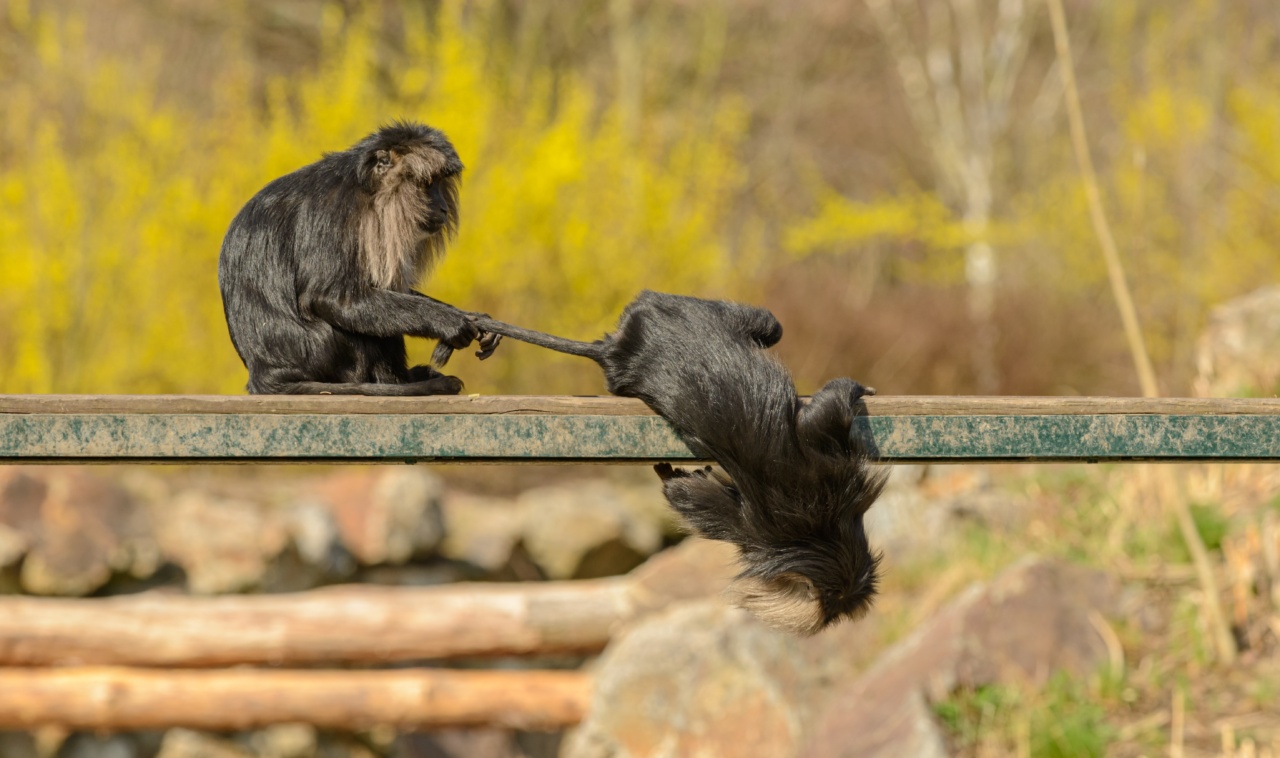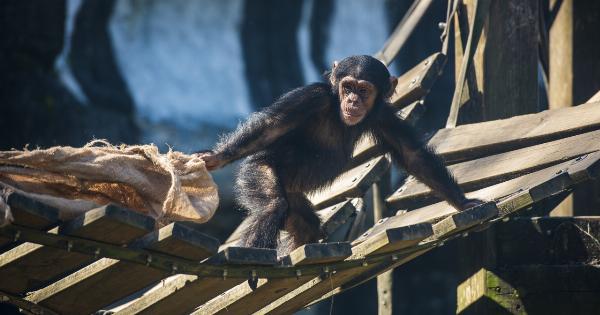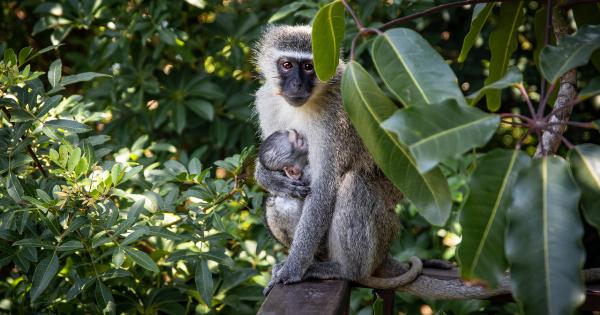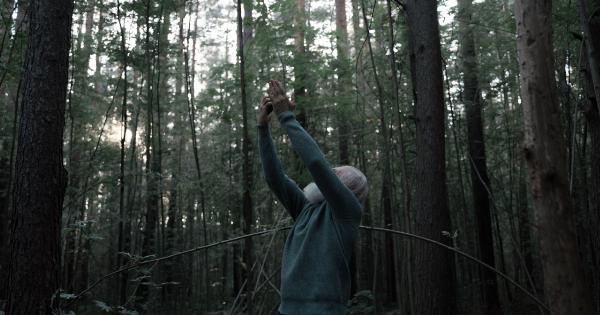In recent years, there has been a surge in the population of monkeys around the world. While these animals are often seen as cute and harmless, their increasing numbers have led to a troubling rise in conflicts with humans.
From stealing food to damaging property, monkeys have become a nuisance for many people.
The Problem
As more and more people move into urban areas, their natural habitats are disrupted and destroyed. This has forced many animals, including monkeys, to adapt to the changing environment and find new sources of food.
In many cases, this means raiding trash cans or stealing food from people.
While this behavior may seem harmless at first, it can quickly escalate into more serious problems. Monkeys are intelligent and resourceful creatures, and they quickly learn how to exploit the resources available in urban areas.
This can lead to large groups of monkeys gathering together and causing chaos in neighborhoods and public spaces.
The Solution
Many people have tried to solve the monkey problem through various means, including trapping and relocating them or using scare tactics to keep them away. However, these methods are often ineffective or even counterproductive.
Trapping and relocating monkeys can be expensive and can just lead to them becoming someone else’s problem. Scare tactics, such as loud noises or flashing lights, may work temporarily, but they are often not sustainable in the long term.
The best solution to the monkey problem is through education and cooperation. By working together, communities can learn how to coexist with monkeys and find ways to reduce their impact on the environment.
This can involve practices such as securing trash cans and outdoor food sources, as well as providing alternative sources of food for the monkeys.
Why Helping is Important
While it may be tempting to simply view monkeys as a nuisance and try to get rid of them, it is important to remember that they are living creatures with their own needs and desires.
Monkeys are intelligent animals that play an important role in the ecosystem, and their presence can actually be beneficial in some cases.
For example, some species of monkeys help to disperse seeds and pollinate plants, which is essential for maintaining biodiversity in the ecosystem.
In addition, monkeys are often used in medical research and have contributed to many important scientific discoveries.
How You Can Help
If you are concerned about the rise of the monkey army and want to help, there are several things you can do. Firstly, educate yourself about the issue and learn more about the behavior and needs of monkeys.
This will help you understand how to coexist with them and find ways to reduce their impact on the environment.
You can also volunteer with local organizations that work to protect wildlife and promote conservation. These groups often need help with research, advocacy, and education, and your skills and knowledge can be a valuable asset.
Finally, you can support efforts to protect monkeys and their habitats through donations or other forms of support.
Many organizations are working to protect endangered species and preserve natural habitats, and your contributions can help make a difference.
Conclusion
The rise of the monkey army is a complex issue that requires a multifaceted solution. While it may be tempting to simply try to get rid of the monkeys, this approach is often ineffective and can lead to unintended consequences.
Instead, we need to work together to find ways to coexist with these intelligent and resourceful creatures and protect their habitats for future generations.






























